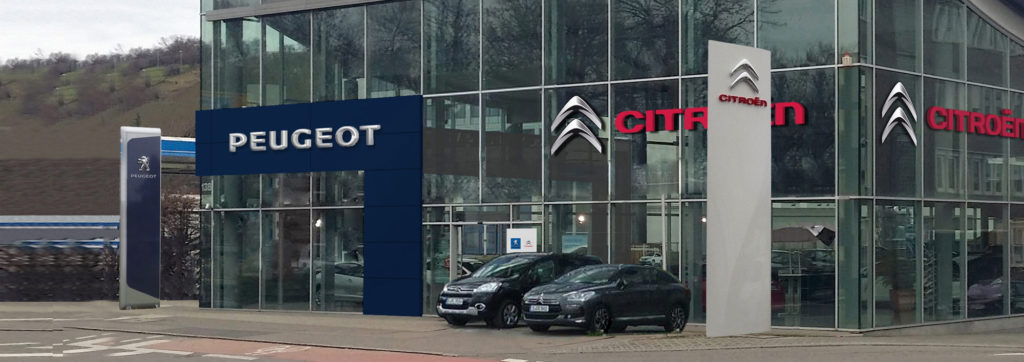PSA Group urges French Government to re-introduce PHEV incentives
27 September 2018

27 September 2018
PSA Group is pushing the French Government to revive its sales incentives program for plug-in hybrid vehicles (PHEV) as it looks to increase sales in the market and improve its chances of meeting European emissions targets.
The country scrapped a €1,000 subsidy on PHEVs last year, instead focusing on incentives for electric vehicles (EVs) which it currently offers €6,000 for. Financial support for low-emission vehicles was recently reviewed in the draft 2019 budget presented to ministers in the country.
With vehicle manufacturers rushing to provide PHEV and EV models in order to meet strict EU emissions targets, more difficult due to the collapse in diesel sales across the continent, incentive programs are a benefit to increase sales of these new technologies. One barrier stopping more people moving to the technology is the higher cost of vehicles compared to petrol counterparts.
′We are asking for the reinstatement of incentives on plug-in hybrid vehicles,’ said Laurent Fabre, a governmental affairs executive for the automaker.
PSA Group is well placed to meet European emission goals with the technology it offers. However, its all-electric program only covers the company’s smallest models, leaving much of its Peugeot, Citroen, DS Automobiles, Opel and Vauxhall brands reliant on significant sales of hybrid vehicles.
PSA’s French rival Renault supports the call for the plug-in hybrid incentive to be reinstated at €2,000, Fabre said, adding the measure would cost taxpayers €40 million based on expected sales of 20,000 vehicles.
France is planning, along with the UK, to ban the sale of conventional petrol and diesel vehicles by 2040. When the announcement was made in July 2017, Environment and Energy minister Nicolas Hulot suggested that there would be some form of incentive offered, alongside current promotions that allow low-income families a €1,000 saving on low pollution vehicles, while expanding this current scheme beyond just hybrid and electric cars.
Cars and light commercial vehicles with a pure electric drive will continue to receive up to €6,000 from the state, while those looking to scrap a vehicle in the course of purchasing an electric vehicle (EV) can expect up to an extra €2,500.
The country may want to ensure that it is not creating a false market for new vehicles, which may collapse should it find any incentive program to be unsustainable. This is an issue that the Norwegian Government is facing. Its recent ′Tesla tax’ plans were abandoned following an outcry from EV drivers and manufacturers, while its incentive program continues, although it drains the country’s budget.